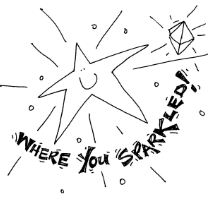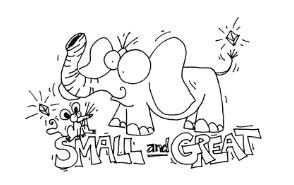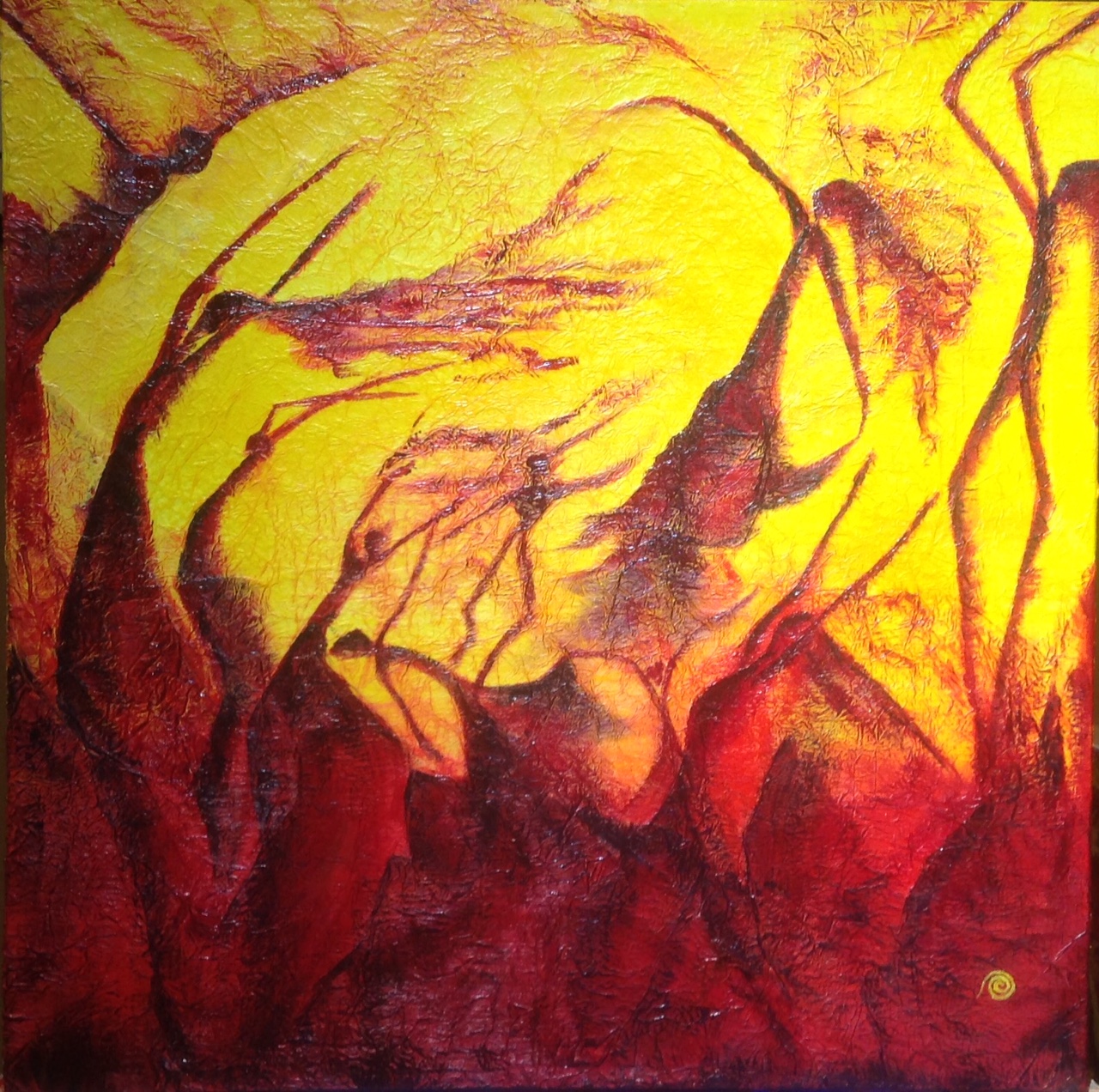It has been a short 20 weeks since we moved from our country home with a small acreage to a condo in downtown Cornwall, ON. We have traded the country silence, bird song and the evening peepers for traffic noise, buses and sirens. We have shifted from occupying 3200 sq. ft. + basement for 1600 sq. ft. We have given up the 45-minute drives to Cornwall to run errands, see friends and family for the convenience of being able to walk almost everywhere.
Yesterday I ran into a friend of mine on my way back from the bank. Chatted and caught up as I had not seen her since the move. She commented that she has been following our transition on Facebook and shared that she and others were surprised at the ease with which we adapted. I reflected on this on the rest of my way home and find myself this morning thinking about this easy transition; is it true?
Blank Canvas and More
Significant life decisions are never easy to make, the key is how you approach them. I am fortunate to have a life and love partner who is generally on the same page as I am when it comes to the major decisions. Three years ago, we began discussing the sale of our country home. This was a heart talk, there is no other way to describe it. Tigh Shee, as we had named the house and property, had been a an affair of the heart, a space and a place where we did everything with intention turning it into a sanctuary and retreat center. We engaged Mother Earth and all the sentient beings who cohabitated with us in this creation. As I write this, I feel at the very depth of my soul how meaningful and significant this journey was. I remember the many retreats, workshops and gatherings held in the space and the hundreds of people who found a safe place to re-discover themselves. These are happy/sad memories.
And like all phases of life there is a beginning and an end. We gradually phased out all the programs we offered there. Our love for gardening turned to obligation and work. It was time to move on. There was a new canvas to paint. With much forethought and planning we decided to sell the property. It took 2 ½ years to attract the perfect buyer. Yes, that seems like a long time and it gave us the time to downsize, sort, de-clutter, reminisce, remember and to know that the decision we were making was in our highest good.
An easy transition – YES! We were prepared and the Blank Canvas has been painted with bike rides and walking along the magnificent St. Lawrence River which lies two blocks from our door. Within the limitations of the current COVID guidelines, we have entertained friends and now have easy access to Jim’s 90+ year old parents, our three favourite restaurants are within walking distance, the library across the street, shopping a few blocks away. Convenience cannot be underrated after years of driving everywhere.
Strategies
- We all know that moving is high on the list of things that are most stressful in life. Might as well acknowledge it – there were a few very challenging days. The key was communicating with Jim and our friend Carol, who was living with us throughout the move, how we were feeling.
- No regrets: I cannot tell you how many friends have looked at me with great sympathy and asked me how I am doing after giving up the house. Two points here – their sympathy was pointed in the wrong direction as I had done my work. Tigh Shee had a special place in the hearts of many people and it was their sadness they were addressing, not mine. I endeavored to understand and listened but was very clear not to take on their feelings. Second, regret is not productive. It freezes you in the past and keeps you away from living the moments of today and planning for your tomorrows. Accepting that there is no going back and making peace with your decisions is essential.
- Live in the moment. Once the move was completed and we had for the most part settled in, we grabbed that Blank Canvas and began to plan what we wanted to paint. It had been many years since we had experienced a carefree summer with no obligations for house repairs, gardening and business. Wow – FREEDOM 70. We purchased e-bikes with the help of our nephew and hit the magnificent and bountiful bike trails that run along the St. Lawrence. I ramped up my walking and challenged my new knees, building my strength and endurance. Days were planned according to the weather and what showed up day by day. It has been lovely.
- Finally, there have been moments where I absolutely miss our former home, the gardens and most significantly the energy of the place. When this happens, I cry. There is no shame in a few tears, the moments pass quickly because, as I mentioned, I have no regrets, I am simply acknowledging how I feel and completing the grief process.
Next Steps
So now what. As the weather grows cooler, and the winter months inevitable, I am examining how I want to invest my time. COVID had pretty much pushed us into (I hate to say it) retirement. Or at least a version of it. All this really means is where do I want to invest my time and what brings me joy. Back to that blank canvas as I have not held a paint brush in my hand since February 28th. I am on the lookout for a studio and am in the process, as I write this, of confirming details on a space. It is my intent that this space be the seat of my creative juices, flow, discovery and who knows what.
Finally, I simply want to embrace love and joy. As I step into the 8th decade of my life, a world filled with both wonder and turmoil, I am determined to live in a meaningful way and to continue to attract what is in my highest good. With that intention stated, I know there will be a few surprises along the way.
2020 has been life changing for all of us. Each of us is experiencing our own unique journey. I encourage all of us to release the past, especially what no longer serves us, to attract highest good and to consider the Blank Canvas. What is the life you want to paint?
Until Next Time…



